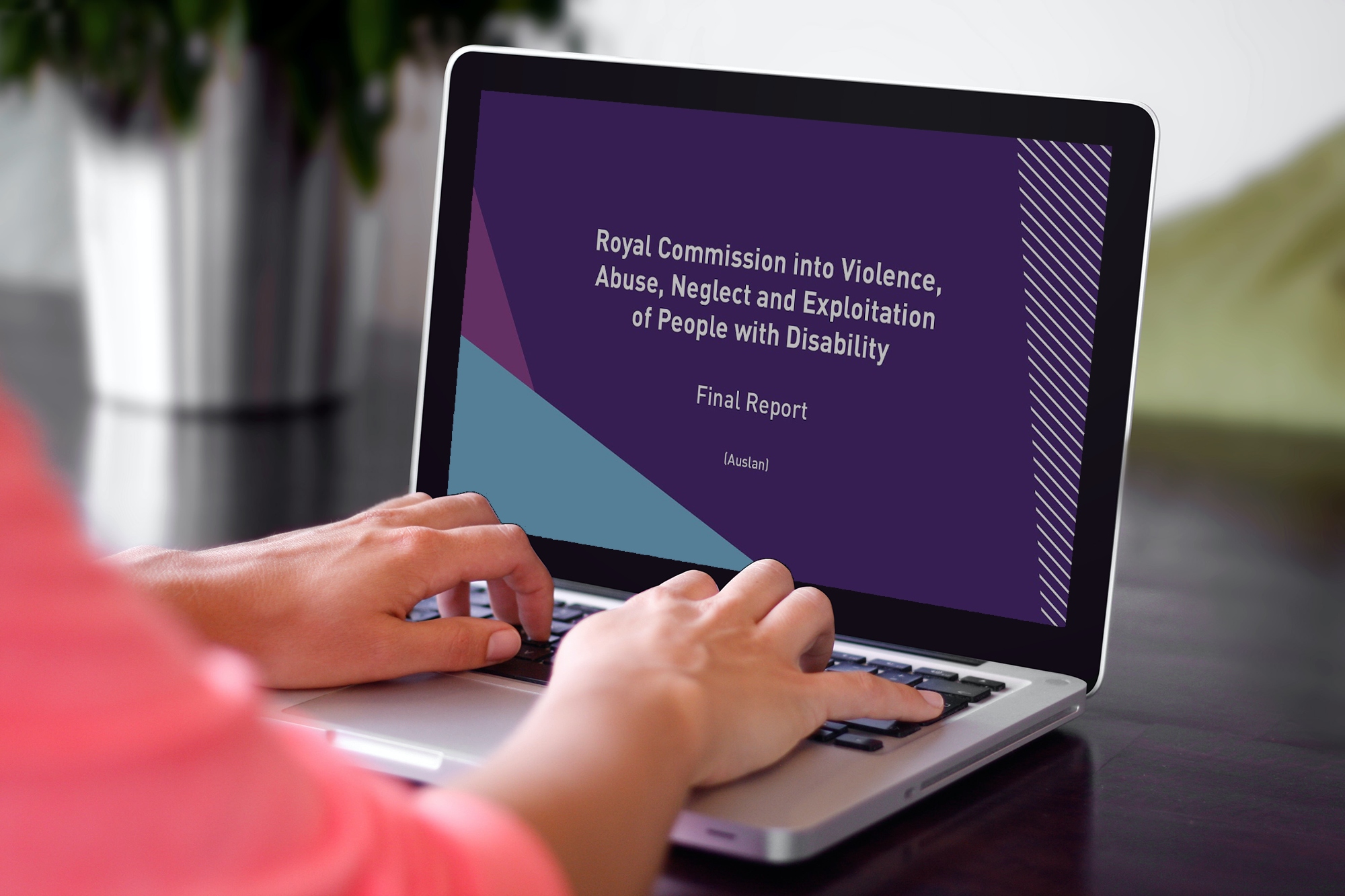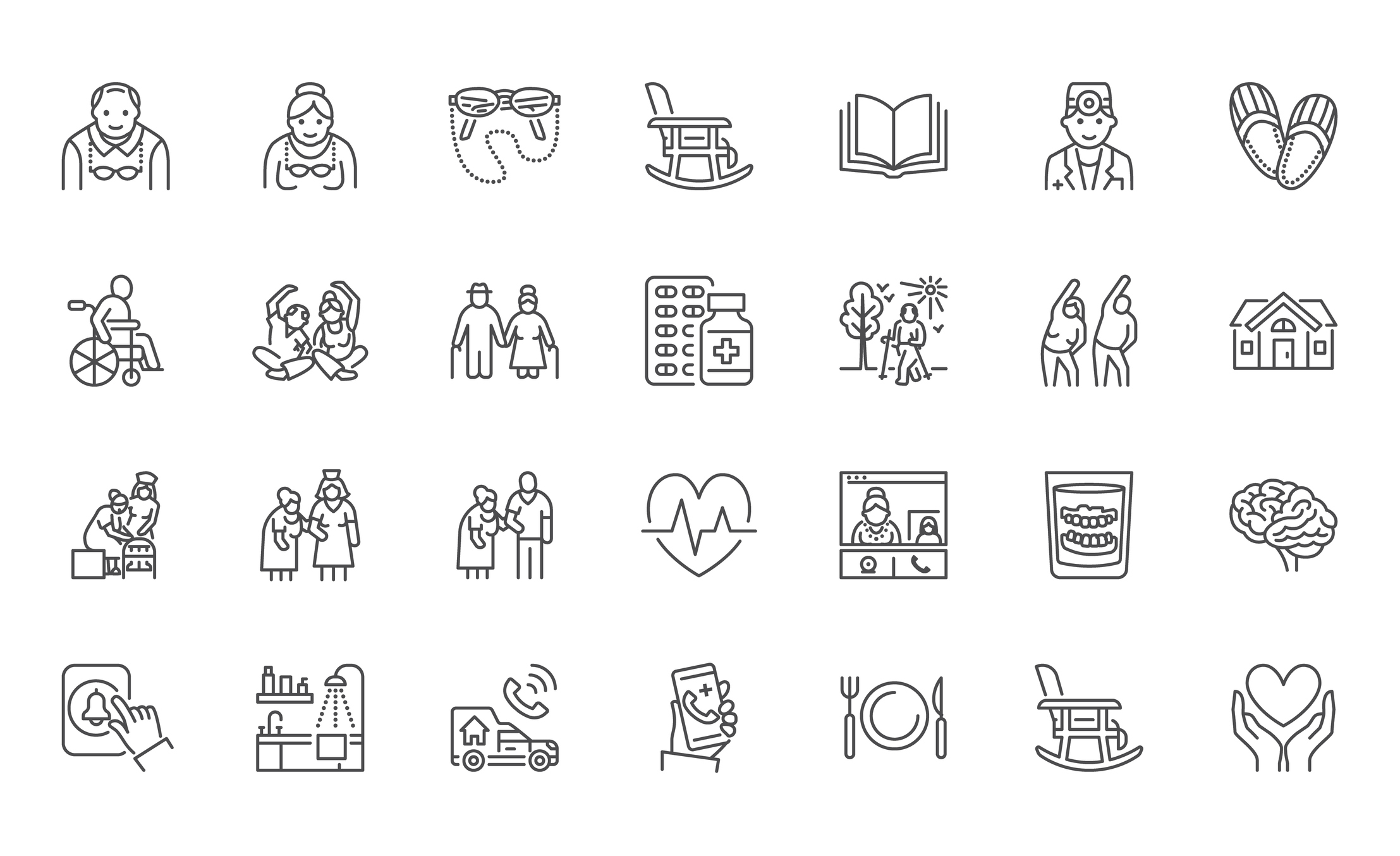Over the last ten years or so, we’ve seen the emergence and continuing refinement of many comprehensive community and health services standards, at both the state/territory level as well as the national level.
These standards share common aims, the core of which are to:
- educate and assist NFPs to implement more robust and consistent approaches to corporate governance and quality improvement processes; and, as a result,
- improve the consistency, safety and quality of the services for their clients.
There are too many standards to name here, but they apply to a broad range of services such as:
- aged care;
- disability and mental health services;
- primary, community and other healthcare;
- homelessness services;
- alcohol and other drug services;
- domestic violence services; and
- a wide range of services that are funded by state government departments.
While there are numerous areas of commonality across these standards, each has also been tailored to address the specific needs and requirements of the clients served in their particular sector.
Aside from these Australian service-specific quality standards which have developed and evolved over time, the International Organisation for Standardisation (ISO) has a suite of standards which are recognised globally as a benchmark of best practice across core thematic areas.
ISO’s standards are some of the most well-known and widely used standards in the world. While a large number of service streams in Australia are now mandated to follow the particular standards that apply to their service (or their funding agreement), many organisations continue to follow ISO standards, and in certain cases (for example disability employment services) they may be required to do so.
For this reason, we continue to support and add to our self-assessment modules for ISO standards, alongside the more than 100 other standards and best practice modules we now carry in our SPP platform. Here is a snapshot of what we have currently:
ISO 9001:2015 Quality Management Systems
These very well-established standards address continuous improvement, and are used across a range sectors. Since their release, many standards that are specific to the community and health services sector have incorporated the themes and requirements of ISO 9001. ISO’s Quality Management Systems standards are the backbone of ISO’s approach to their standards, as quality management is a central theme throughout their other sets of standards. ISO 9001 itself heavily prioritises the ‘Plan, Do, Check, Act’ cycle of continuous quality improvement, and requires organisations to implement continuous improvement processes throughout their operations.
ISO 45001:2018 Occupational Health and Safety (OH&S) Management Systems
This set of standards is about the documentation, implementation, operation and review of an organisation’s OH&S management system. It ensures that documented processes are in place to improve the health and wellbeing of the workforce, as well as addressing and eliminating hazards, risks and non-conformities. As ISO 9001 does, these standards also place an emphasis on review and continuous improvement.
ISO 27001:2013 Information Security Management Systems (ISMS)
In recent years, information security has become a more pressing issue for organisations, particularly those who are involved in the delivery of community services and, by extension, the management of client records. These standards are a good measure of best practice for organisations who are concerned about their information security systems. They help organisations to understand the primary risks to information security, and how to protect against those risks. Additionally, the Australian Federal Government requires ISO 27001 certification for all providers of employment skills training and disability employment services.
Coming soon: ISO 31000:2018 - Risk Management - Guidelines
We will shortly be adding a self-assessment module for ISO 31000. This set of standards helps organisations to understand and implement a best practice approach to risk management.


